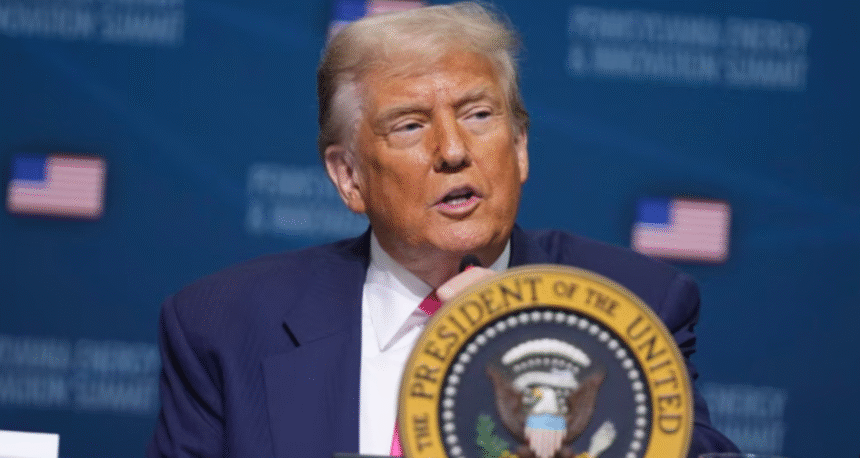The U.S. House of Representatives has given final approval to former President Donald Trump’s request to rescind approximately $9 billion in funding for global aid programs and public broadcasting, marking a significant shift in American foreign assistance policy.
The financial cuts package passed early Friday morning with a narrow vote of 216 in favor and 213 against, and now heads to President Trump’s desk for signature into law.
The vote followed Senate amendments earlier this week, which excluded about $400 million in cuts from the global HIV/AIDS program PEPFAR, following pressure from health advocates and lawmakers.
This marks the first time in decades that a U.S. president has successfully advanced a rescission package of this scale. The White House indicated that this likely won’t be the last attempt to curtail international spending.
While some Republicans expressed concern over the cuts, particularly given their potential global impact, they ultimately supported the bill, wary of opposing Trump or his fiscal agenda.
“We must return to fiscal sanity, and this is a critical first step,” said House Speaker Mike Johnson (R-La).
Democrats and some analysts voiced alarm over both the substance and precedent of the bill. Critics said it undermines Congress’s constitutional authority over spending, as bipartisan-approved aid packages were being overturned by partisan-majority votes.
The Senate passed the package 51-48, strictly along party lines, with zero Democratic support.
The bill slashes:
$1.1 billion from the Corporation for Public Broadcasting;
$8 billion from various foreign aid programs, including:
$800 million from refugee services such as emergency housing, water, and family reunification;
$496 million from disaster-relief food, water, and health support;
$4.15 billion from programs strengthening developing economies and democratic institutions.
The White House defended the move, arguing that the cuts would push other countries to assume greater responsibility in addressing humanitarian crises and that eliminating the spending serves U.S. taxpayers’ interests.
The decision comes at a time of growing global instability, raising concerns about America’s retreat from global leadership, particularly in crisis response, health, and democratic development.







